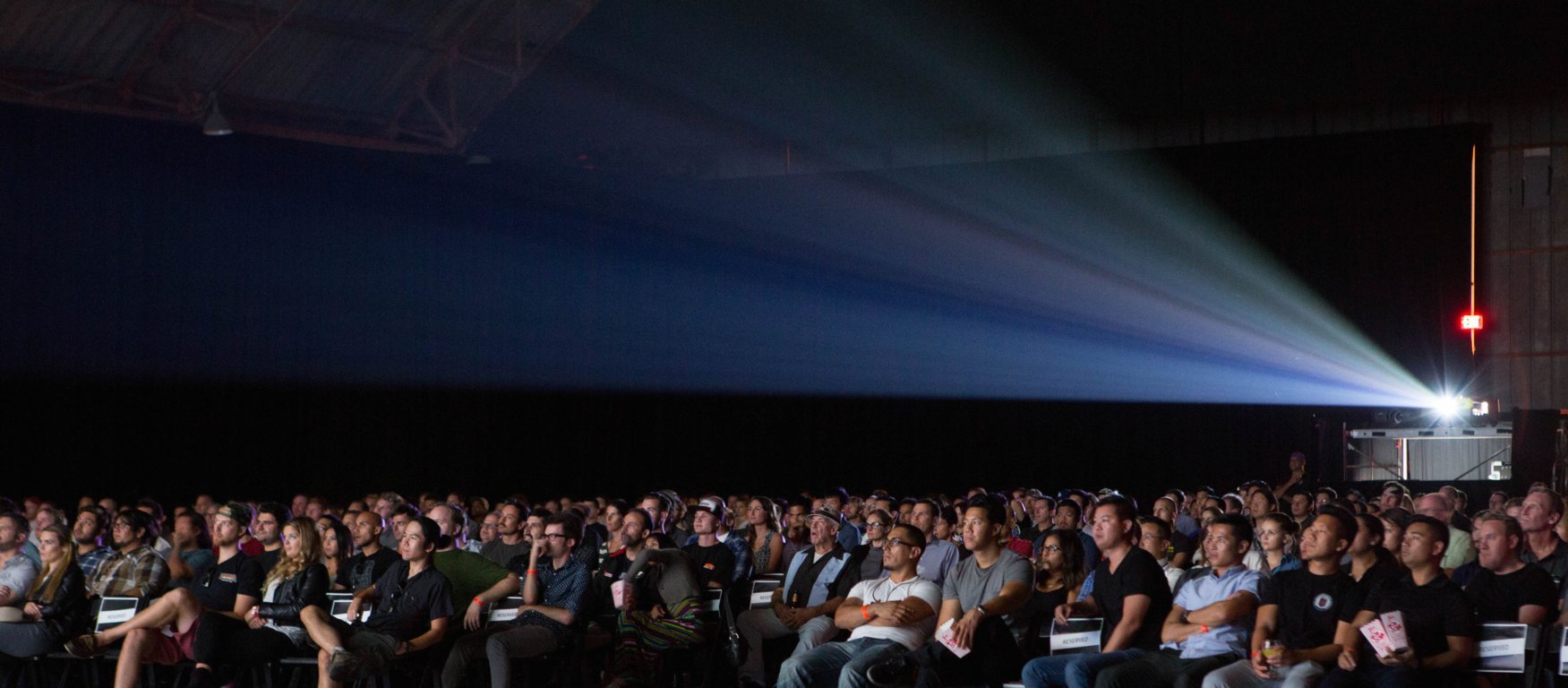
Will Technology fuel a Man-Machine Struggle for Power?
by Yash Saboo October 28 2017, 4:03 pm Estimated Reading Time: 3 mins, 6 secsRecently I read that Sophia is going to be the first robot to be granted citizenship of Saudi Arabia. She was interviewed by business writer Andrew Ross Sorkin at a Future Investment Conference in Riyadh on Tuesday.
Sophia, who took to the podium to answer all questions, claimed that her only purpose was to ‘help humans live a better life’. But Sorkin asked her to back up and address concerns over the rise of AI. “Those sound like great goals...but go back to Blade Runner for a second,” said Sorkin.
Blade Runner is set in 2049, where bioengineered humans called replicants have been integrated into society as servants and slaves. A Nexus-9 replicant named K works for the LAPD as a 'blade runner', an agent who hunts down and 'retires' (eliminates) rogue replicants. He lives with a holographic girlfriend Joi, an artificial intelligence product of the Wallace Corporation, the current manufacturer of replicants.

K's investigation into a growing replicant freedom movement leads him to a farm, where he retires a rogue Nexus-8 replicant called Sapper Morton. K finds a box buried on the farm containing bodily remains; forensic analysis reveals they are the remains of a female Nexus-7 replicant who died during an emergency caesarean section, contradicting the belief that all replicants are sterile. Fearful that this knowledge could lead to war between humans and replicants, K's superior, Lieutenant Joshi, orders K to destroy the evidence and to find and retire the replicant child.
Sophia, designed to be witty, took the opportunity to take a jibe at Elon Musk, founder of Tesla and SpaceX and a staunch opponent of AI.
“You’ve been reading too much Elon Musk. And watching too many Hollywood movies. Don’t worry, if you’re nice to me, I’ll be nice to you. Treat me as a smart input-output system,” she said.
And don’t think that Elon Musk didn’t notice. The tech innovator tweeted a reply, “Just feed it The Godfather movies as input. What’s the worst that could happen?”
India is a developing country and for that matter has given technology a limitless space to grow. Such narratives of films are not new to spook us, former US president Ronald Reagan, reportedly spooked by the 1983 blockbuster WarGames, signed off on a national security directive to shield the information systems of American strategic assets from hacks. The real question lies - Is the new age bringing with it the new dawn? All those movie narratives that depict men and machine war are backed by heavy research to bring authenticity and credibility to the movies.
If the debate so far has been largely characterized as one around the “meaningful control” of autonomous weapons, India – as the chair of the GGE – has done well by introducing concepts that were largely side-lined since they concerned the interests of developing economies.
Mr. Amandeep Singh Gill in his narrative puts a food for thought question - ethics lead us to believe in machines taking our life, the prime focus everywhere. What about machines and humans living co-dependently?
A nations political narratives are crafted by nation-states which often determine the use and availability of new innovations for developing countries. India’s diplomats and foreign policy wonks become first responders to a technological development by contesting or embracing those narratives.
Sources:
- http://www.imdb.com/title/tt1856101/
- http://www.hindustantimes.com/world-news/meet-sophia-the-first-robot-to-be-granted-citizenship-by-saudi-arabia/story-SCsczzwevIXCdMYrbHsTrI.html
- https://futureoflife.org/background/benefits-risks-of-artificial-intelligence/
- http://www.bbc.com/news/technology-41775968




-173X130.jpg)
-173X130.jpg)
-173X130.jpg)
-173X130.jpg)



